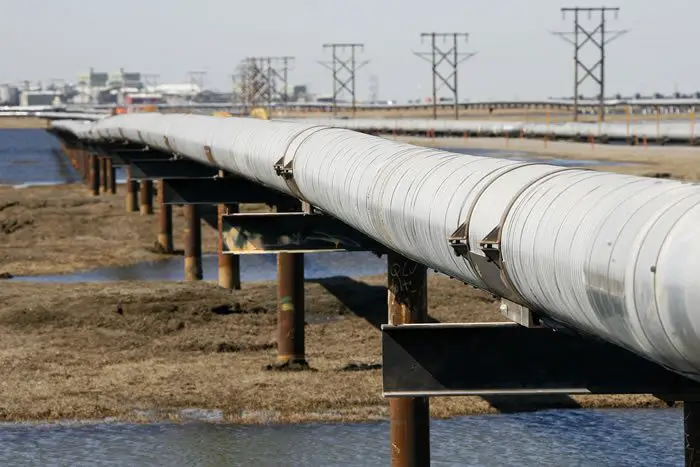Egypt expects a delay in the delivery of an import terminal for liquefied natural gas (LNG) after a stalemate ensued between Egypt’s oil ministry and Norway’s Hoegh LNG. This is after it emerged that Egypt can only export LNG and cannot import it without installing the terminal.
The Import terminal for liquefied natural gas (LNG), which is a plant expected to help it combat the worst energy crisis that has faced Egypt in years, is to be delayed as the worsening gas shortages cause power cuts, and the shortage expected to become more acute as people switch on air conditioning units to counter the sweltering summer heat.
Egypt’s oil ministry and Norway’s Hoegh LNG said in May that they had agreed for Egypt to use one of Hoegh’s Floating Storage and Regasification Units (FSRU) for five years, and that the terminal would be in place by September.
However, it has now emerged that the government hasn’t yet reached a final agreement with Hoegh. This means that the terminal will not arrive in September as had been announced before: instead, it will arrive in October or November.
There is a lot of optism as it is expected that the government will overcome the obstacles following a planned visit from a delegation from the Norwegian company next week, and reach a final agreement
Oil Minister Sherif Ismail has hinted in the past that more work needed to be done before the terminal could start operating.
“The contract is not finished with the Norwegian company for the renting of the FSRU… what happened (in May) was a preliminary agreement.” Ismail told press.
Gas is in short supply due to declining domestic production, forcing the government to divert gas earmarked for export to the domestic market. Egypt relies heavily on gas to generate power.
Algeria will deliver to Egypt five liquefied natural gas cargoes of 145,000 cubic metres each this year, which should go some way to alleviating the shortages.
Egypt has also said in the past that it was considering gas imports from Russia’s Gazprom and Gaz de France.
Though paying for imported natural gas is less desirable for Egypt than contracting with foreign firms to exploit domestic reserves, violent unrest since the 2011 uprising that ousted autocratic President Hosni Mubarak has hurt investor confidence.
Companies have been wary of developing reserves, and the government’s promises to offer more appealing terms to reassure them, have not yet resulted in new contracts.

